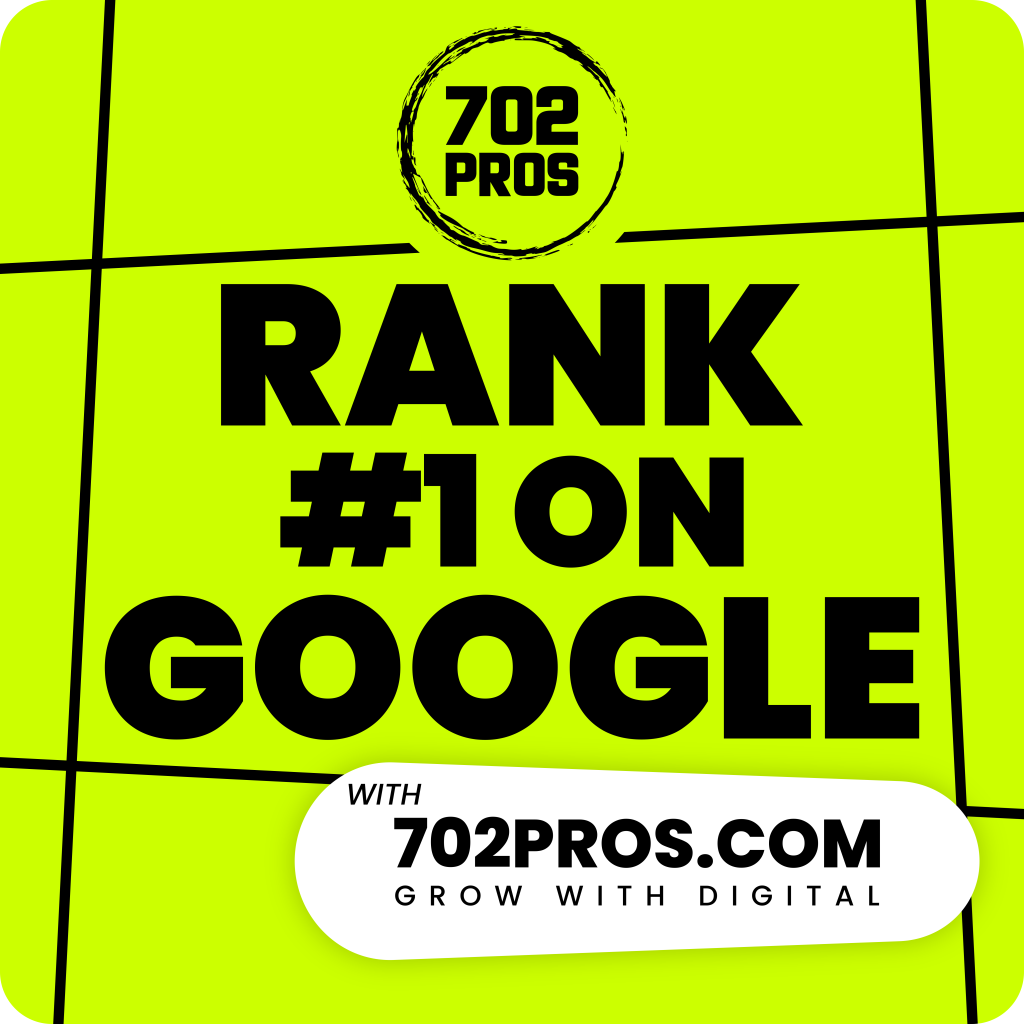I have a few friends with whom I play golf every week over the years. We don’t often get to put it together because I live in Boston, and they live back home in Fort Wayne, Ind. Nevertheless, we try to play as much together as possible when I return home.
As with many golf buddies, we all have a wide skill range. My handicapindex hovers in the low to mid-single figures; Eli, my friend, has dropped impressively from a 15-year-old to seven in the last couple of years, and Joe, our other friend is a 20. This disparity is why we use net scoring (which factors in our handicaps) for every game so that the rounds are competitive.
What would happen if this were not the case?
The seed of an idea
My friends and I were talking about the betting odds Joe would need to win me straight up without any strokes if there were any stakes. The question that lies beneath it is simpler: What are my chances of beating Joe?
This thought experiment prompted us to think about how likely we were to beat each other if handicaps weren’t considered. This is how we could figure it out.
BY: JOSH SENS
A sample of the outcomes of 18-hole rounds that we have played together may give some insight. Eli has beaten me once and we tied another time. Joe has never beaten either one of us. We can conclude that Joe has a 0% chance to beat either of us. Eli’s chances to beat me are 1 divided by the number of rounds we have played together. These numbers give us an idea of win probabilities for each matchup. However, even though we have played quite a few rounds together, it is not enough to truly understand how likely we are to beat one another.
Due to my background in data analysis and research, as well as my obsessive personality I had to solve this puzzle.
Compiling the data
Information on the scoring history of each golfer is necessary to assess the likelihood that one golfer will shoot a lower score than another on a given day. Knowing the scores that each golfer has shot in the past would allow me to simulate competitive rounds and calculate a win probability. If I knew the score history of my friends, and ran simulations, I could calculate win probabilities for each matchup. I needed to find out how to access the data.
Each of us have an USGA HTMLIN handicap. This means that we are required to upload scores into a database. Anyone with a GHIN profile can search for other golfers by name and state, and view their scoring data. We are getting there! All I had to do was search my friends’ profiles and then grab the scores. I would have a nice data set that contained everything I needed to run matchup simulations.
It hit me that I couldn’t get scoring data for my friends so why not try to get data on a larger number of golfers? Instead of asking “what is the probability that Joe could beat me in match?” the question became more general: What’s the probability a 20-handicap could defeat a 5-handicap?
All handicaps of athletes and celebrities at the 2022 American Century Championship
BY: JOSH SENS
So, my goal was to collect data on friends and me to gather enough scoring data to run simulations of any matchup involving two handicap levels. To accomplish this, I created a program that used the GHIN system to pull data from random golfers. I was able eventually to collect a sample of approximately 2 million rounds from close to 100,000 golfers. The handicaps ranged from +7 to 50.
I was able run simulations using this large collection of scoring data to calculate win probabilities for every handicap matchup.
What does the data tell us about my matchups with my friends?
These are the findings
First up: Me (5 handicap) vs. Eli (7 handicap). Based on 10,000 simulations I would win 67%, Eli would win 32%, and we would tie 11% of matches. These predictions are not consistent with our match history, but Eli’s performance has improved tremendously over the past year and our recent scoring patterns show that this prediction is quite accurate.
Next up: Joe (20 handicap) vs. me (5 handicap). Joe has never beat me in our history of playing together. But, what is Joe’s chance based on scoring data from similar skilled players? Simulations show that this trend continues: A 5 handicap wins almost 100% of matches against 20 handicap.
Joe vs. Eli The model predicts that Joe will win just 1% of matches, despite Joe never beating Eli. You’re telling that there’s a chance.
Here it is: Using scores data from thousands upon thousands of golfers across America, I was able make reasonable estimates about the odds of me and my friends beating each other in gross play. You and your friends can now do the exact same thing — either for gross or net contests.
You can try my simulator!
I used the data that I had collected to create a tool that allows users to simulate two golfers with different handicap levels. The tool can determine win probabilities for each player for net or gross matches. The results show win probabilities for different scenarios. They also include a sample of 100 simulation rounds and accompanying win margins. This gives you an idea of the possible outcomes.
Do you want to calculate your matchup math on your own? Check out the app here.


